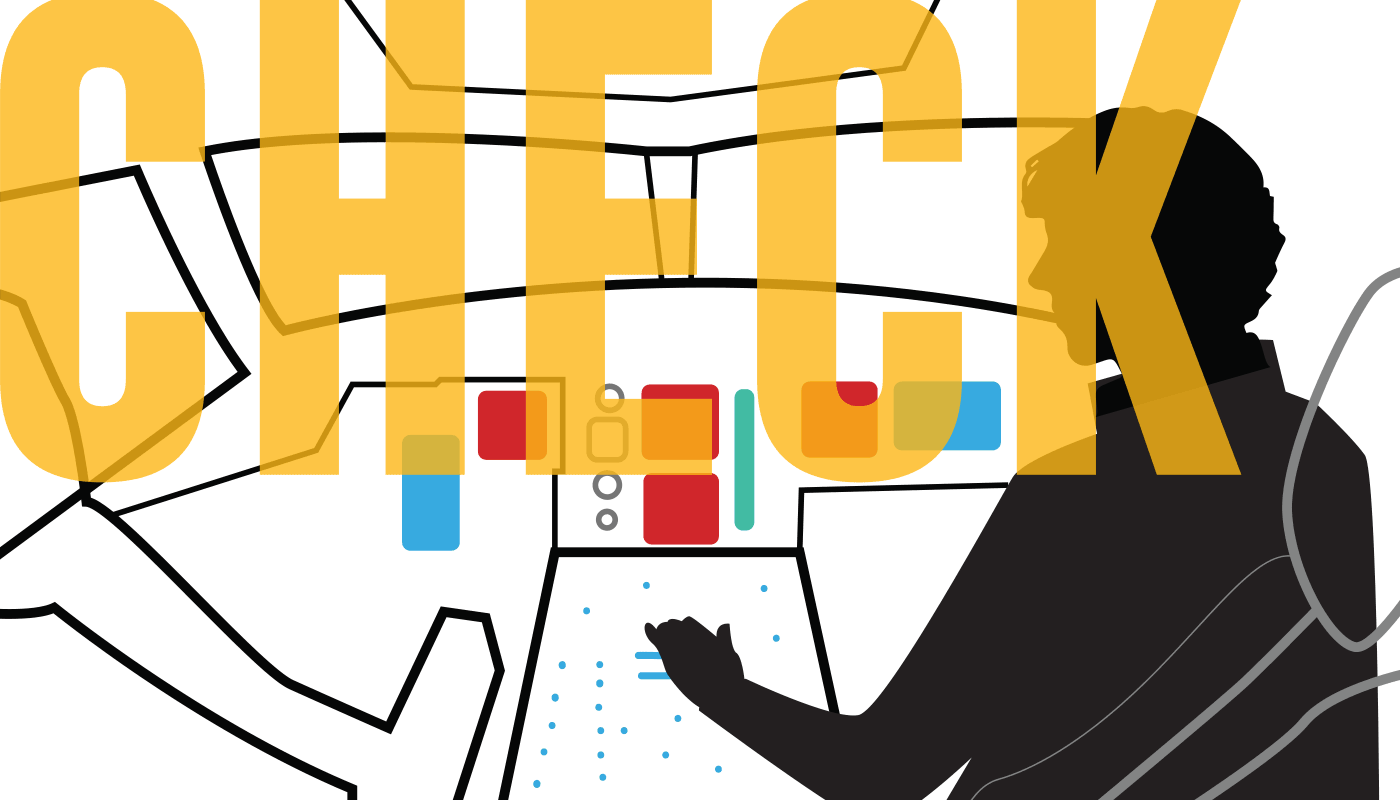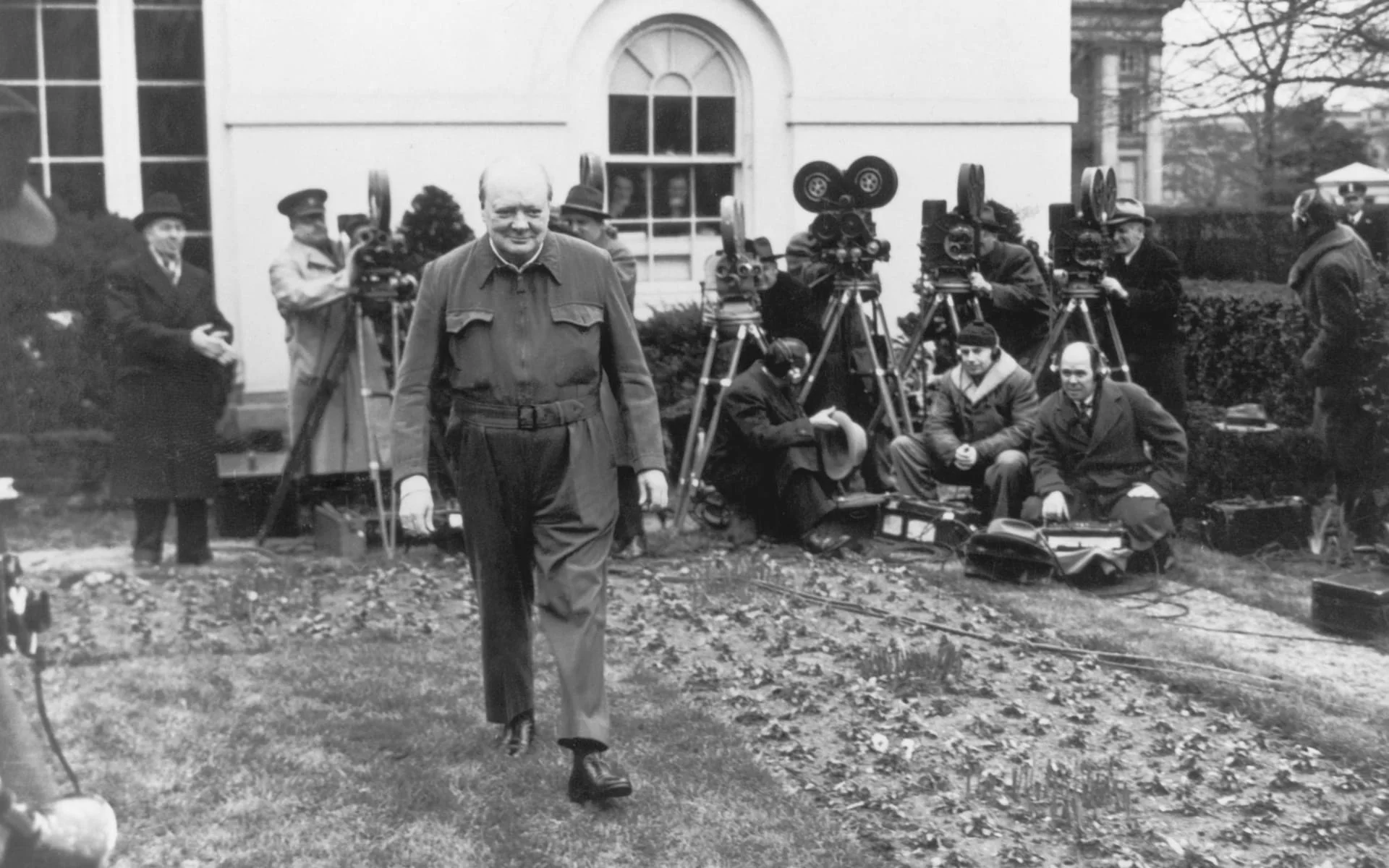How the outcome of one tough decision could have sunk Intel
Success in business, like success in life, is partly about the quality of the decisions that you make.
The right decision can transform the future of your company. The wrong one can easily do the opposite.
Since its founding in 1968, Intel had built a solid business and a strong reputation as makers of memory chips. In fact, for a while, it was the only maker of them globally.
However, by the early 1980's, the American company faced increasing competition in their core memory chips business from the Japanese. Over the next five years, Intel saw their profits tumble as they fell behind their rivals in the speed and quality of production. At the same time, a small division within the company had begun to produce a new type of product: the microprocessor.
As the CEO of Intel, Andy Grove was faced with a momentous decision. Should they double down on their emerging microprocessor business? Or should they mount an assault on the Japanese and win back their lost ground in memory chips?
Grove was in a genuine quandary.
Most of the senior management were in favour of maintaining the status quo. Why risk going after this emerging microprocessor industry when they had enjoyed so much success with memory chips?
One day he found himself in the office of Gordon Moore (one of the founders of Intel and the author of Moore's Law) discussing what they should do.
As he looked out of the window a question popped into his head and he asked Gordon, “If we got kicked out and the board brought in a new CEO, what do you think he would do?”
Without a pause, Gordon responded, “He would get us out of memories.”
By altering their perspective on the decision they were debating, they were able to look at it with the eyes of someone unencumbered by Intel’s historical legacy in memory chips.
Since that momentous decision in 1985, Intel went on to dominate the microprocessor market.
As Chip and Dan Heath put it in their excellent book Decisive: How to make better decisions in life and work, ‘Grove’s story reveals a flaw in the way many experts think about decisions.’ They make the point that his choice was not difficult because he lacked options or information. It was difficult because ‘the short term pressures and political wrangling clouded his mind and obscured the long-term need to exit the memory business.’
The Heath brothers share this story as an example of the importance of 'Attaining distance before deciding', identifying it as one of 'The Four Villains of Decision Making.'
Next time you're faced with a difficult decision, try to ensure that you get some distance from it before choosing what to do. Otherwise, your initial reaction might lead you to make a critical mistake.






